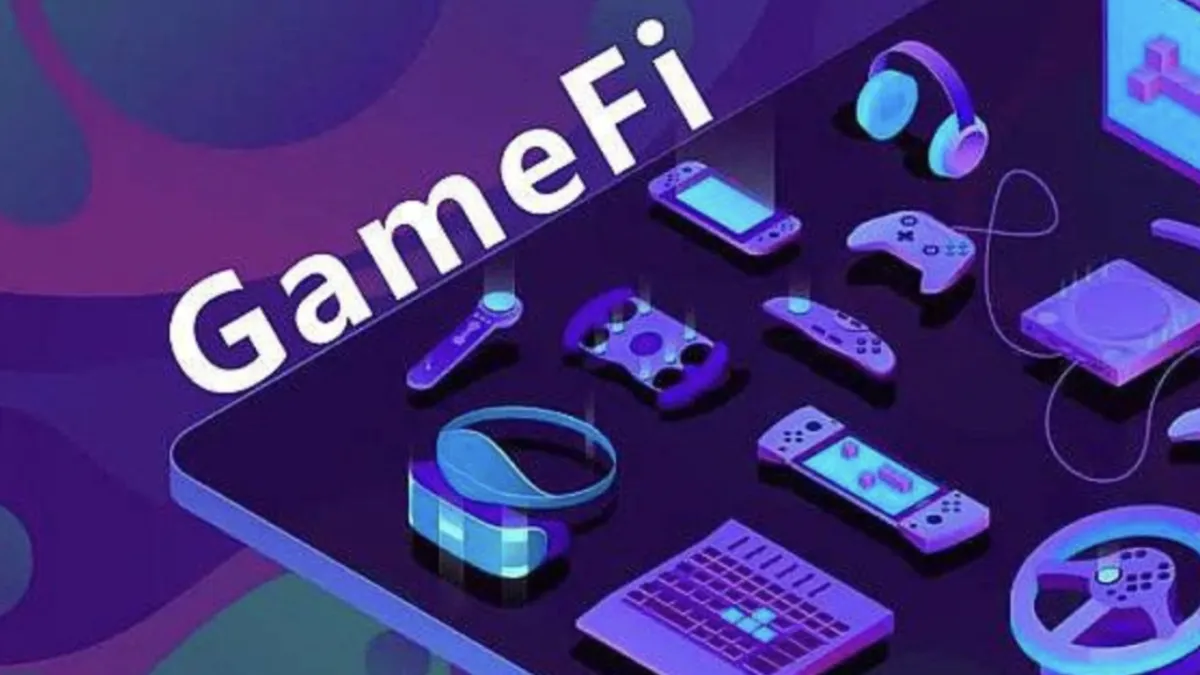
How GameFi Blends Blockchain and DeFi
Learn how GameFi uses blockchain technology, DeFi, and smart contracts to track earnings, pay players, and unite both casual and professional gaming.
GameFi, the fusion of gaming and decentralized finance (DeFi), stands at the forefront of technological innovation, offering a groundbreaking paradigm that redefines the landscape of both industries. By integrating blockchain technology with decentralized financial protocols, GameFi creates immersive gaming experiences where players can not only engage in virtual worlds but also earn and trade digital assets securely.
This innovative synergy not only introduces a new dimension to gaming but also revolutionizes the concept of value creation within digital ecosystems. In this article, we delve into the intricacies of GameFi, exploring how it seamlessly blends blockchain and DeFi to shape the future of gaming and finance.
Over 3 Billion Gamers Globally
According to Statista, there are around 3.3 billion global video game users. For many, video games are just a hobby; for others, gaming is a career. GameFi exists in the intersection of casual and professional gaming, allowing people to earn money as they play.
GameFi games use blockchain technology and smart contracts to track earnings and pay players. The GameFi model emerged with CryptoKitties, an Ethereum-based GameFi project that lets players collect, breed, and trade cat NFTs. Since then, we've seen an explosion of play-to-earn games.

What is GameFi
GameFi games, or play-to-earn games, combine distributed ledger technology (DLT) with traditional video games. To get started, let’s get into the nuts and bolts of GameFi.
GameFi vs DeFi
GameFi, short for "game finance," is a gaming model in which players earn rewards with real-world value. Sometimes, these games require players to buy in-game NFTs or tokens to engage in gameplay. However, many GameFi games are free to play.
These projects rely on in-game transactions with pay-to-win elements that generate revenue. For example, the Winter Wonderland set that was released in December 2022 for the Immutable (IMX) web3 game Gods Unchained contained several powerful cards that would make it easier for players to beat their opponents. People were incentivized to buy these new cards to help them win.
DeFi, short for "decentralized finance," is a technology-focused collection of financial instruments that do not rely on centralized intermediaries. DeFi platforms let people let people engage in activities like yield farming, lending and borrowing, and buying and selling cryptocurrencies, NFTs, derivatives, and more using DLT.
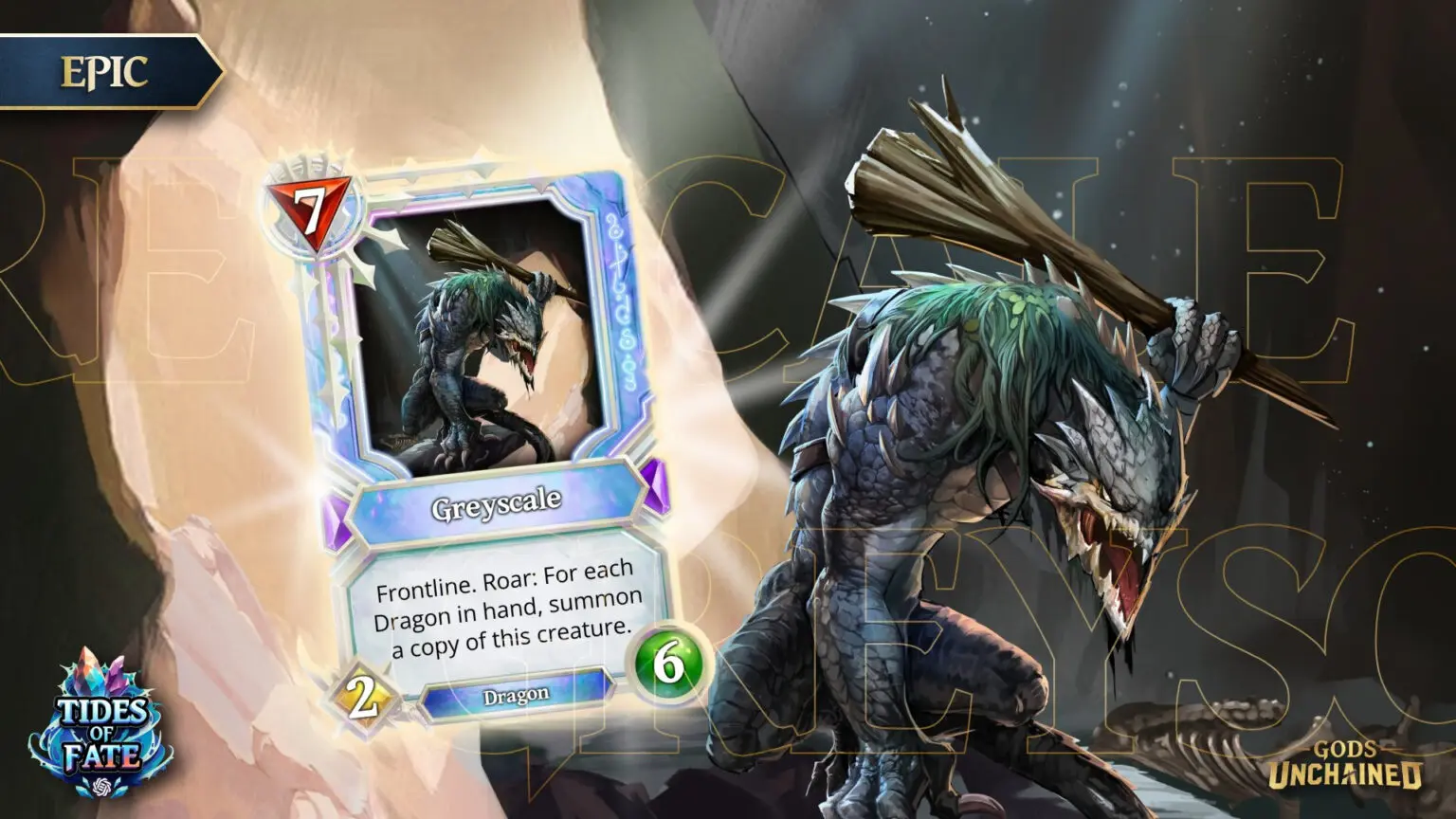
Key Features of GameFi
- DLT: GameFi projects use cryptocurrency wallets to store game assets and distributed ledgers to track those assets as they move from the developer's wallet to a player's wallet (or from one player to another).
- Smart contracts: When a player earns cryptocurrency or NFTs, smart contracts automatically reward them.
- NFTs: Often, in-game items or characters are minted as NFTs. These in-game tokens allow players to own and trade their game assets.
- Play-to-earn model: Most blockchain games feature a play-to-earn model, letting players earn money by playing games.
- Passive income: Some GameFi games let players stake their tokens or NFTs to earn passive income. Others let players earn weekly rewards based on their in-game rankings.
How GameFi Works
NFT games aren't actually stored on the blockchain. Instead, traditional gaming technology is used for gameplay elements. Players can connect their crypto wallets to these games to interact with the blockchain.
Suppose you're playing a GameFi RPG with a medieval theme and want to use a new armor NFT you earned. In this case, the game would read the contents of your wallet, identify the tokens that interact with the game, and let you choose between the corresponding in-game items.
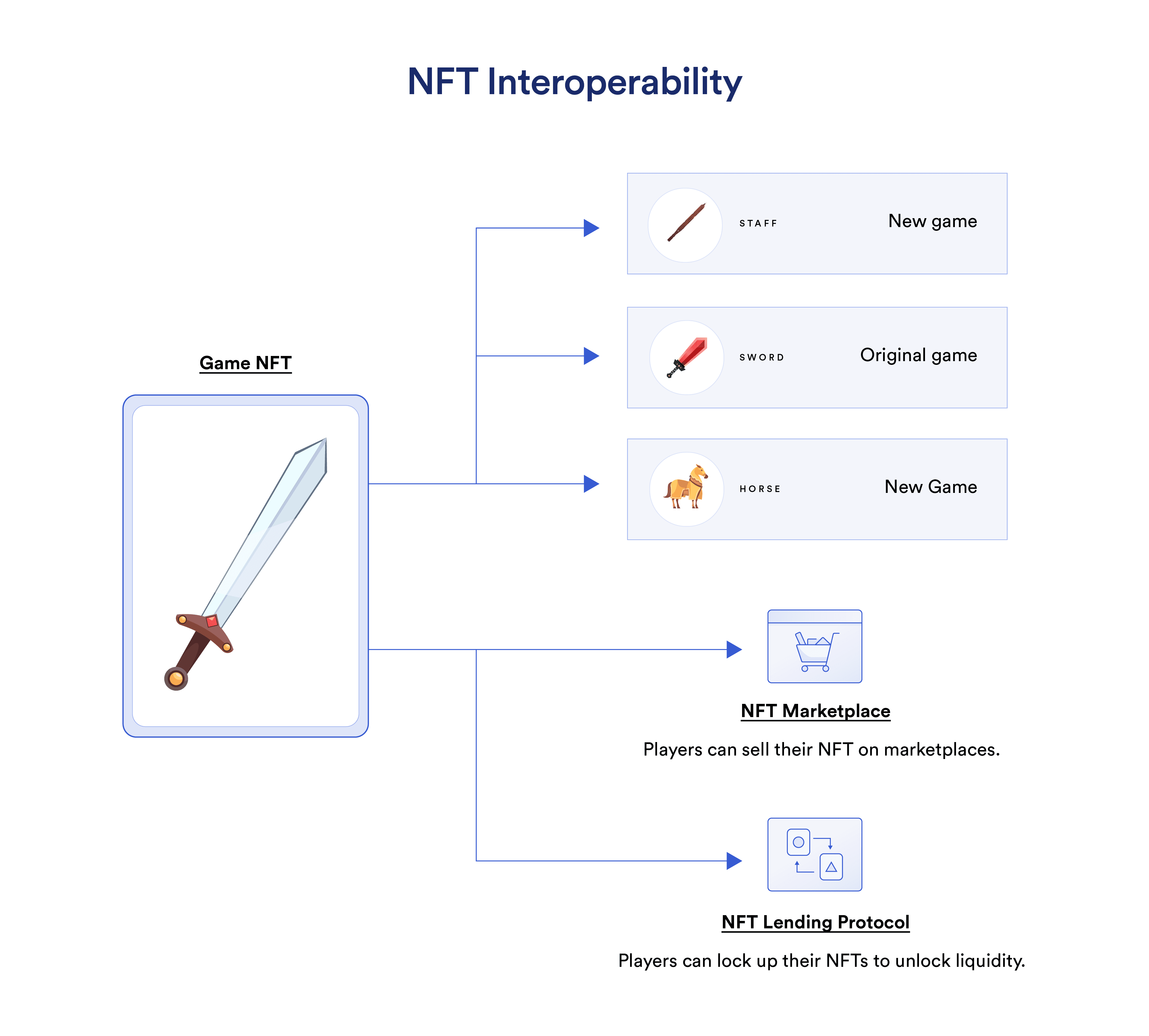
The actual characters, armor, and other in-game assets are stored in the gaming software but can only be "unlocked" if the player's crypto wallet contains the corresponding token.
Often, when players earn cryptocurrency or NFTs, the game interacts with a smart contract that sends the assets to the players' wallets. In other cases, players earn off-chain assets similar to those in traditional games. They must mint these assets to turn them into NFTs.
Popular GameFi Platforms
GameFi.org lets you look through thousands of blockchain-based games. This site ranks these games based on active users, sales, and user growth.
The Sandbox is a popular metaverse game that lets players design gaming assets to be sold to others. People can buy land and develop their own games or virtual experiences using NFT assets made by other players.
Alien Worlds is another popular GameFi game that lets players travel the universe looking for planets to mine. As they upgrade their equipment, they can mine more minerals, which they can trade for cryptocurrency.
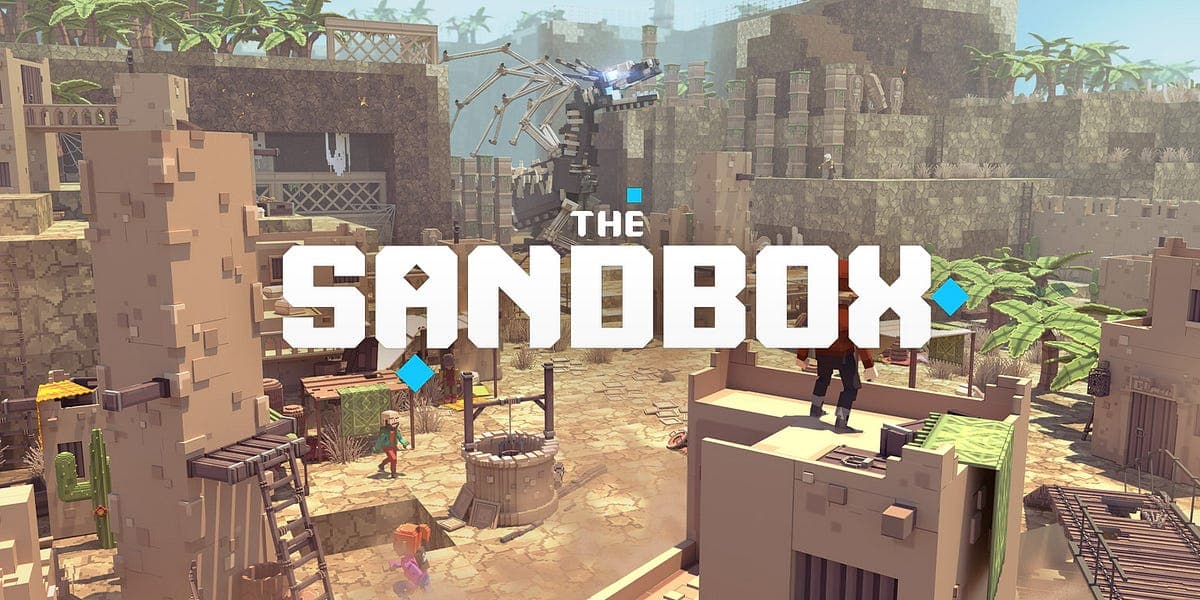
Benefits of GameFi
Now that we know more about GameFi, let's look at why people are drawn to it.
Increased Engagement and Interaction
Players are incentivized to spend time every day with blockchain gaming because they can increase their rewards if they do. As players advance through game levels or earn new equipment, their earning potential grows, increasing the likelihood they'll stick to playing one game for long periods.
According to Pierre-Edouard Planche, partner at Griffin Gaming Partners, "gamers now have skin in the game and own a piece of the ecosystem, and as a result, they spend more time and money, which equals increased engagement and monetization."
Enhanced User Control
The GameFi ecosystem lets players take part in the creative direction of their projects. GameFi projects often have governance tokens that players can use to vote on important decisions that impact their favorite games.
Potential for Financial Gain
The play-to-earn gaming ecosystem lets players own and monetize their in-game items. In contrast, the traditional gaming industry often restricts players from selling the items they earn or buy. For example, in 2018, Pokemon Go's top player was suspended for selling Pokemon to other players.
Pokemon Go isn't the only game restricting players from monetizing their items. Popular games like Fortnite have sections in their terms of service prohibiting players from selling their items or accounts. Similarly, game developers like Epic Games explicitly state that players do not own their accounts or items.
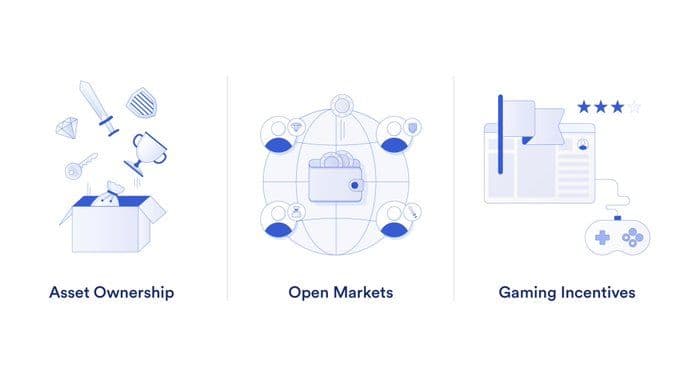
GameFi Growth
GameFi continues to rise in popularity, with over 5 million unique active wallets engaging with these play-to-earn games. Still, GameFi developers must overcome various issues before this ecosystem reaches the size of the traditional gaming industry. GameFi games store large sums of digital assets in crypto wallets, making them prime targets for hacks and exploits. Additionally, transaction costs and speeds can detract from peoples' gaming experience.
Despite GameFi's challenges, its market value is expected to reach $8.9 billion by 2028. As of April 2023, there were around 2,453 GameFi protocols across all chains, with more to come. Popular brands like Starbucks are building GameFi games to reward their customers for engaging with their brands. In the future, we'll likely see the GameFi ecosystem integrate with more brands and industries.
The Future of GameFi
In conclusion, the emergence of GameFi represents a significant milestone in the evolution of both gaming and decentralized finance. Through the innovative integration of blockchain technology and DeFi protocols, GameFi offers a dynamic ecosystem where players can immerse themselves in captivating gaming experiences while simultaneously participating in decentralized financial activities.
As this nascent field continues to mature, it holds the potential to democratize access to financial services, empower gamers with true ownership of digital assets, and foster new avenues for creativity and innovation. With its promising trajectory and transformative potential, GameFi is poised to redefine the boundaries of gaming and finance, ushering in a new era of decentralized, immersive, and inclusive digital ecosystems.
This article was inspired by an original blog post, you can read the original write-up here for more information.
About the author
Eliza Crichton-Stuart
Head of Operations
Updated:
June 24th 2025
Posted:
March 29th 2024






